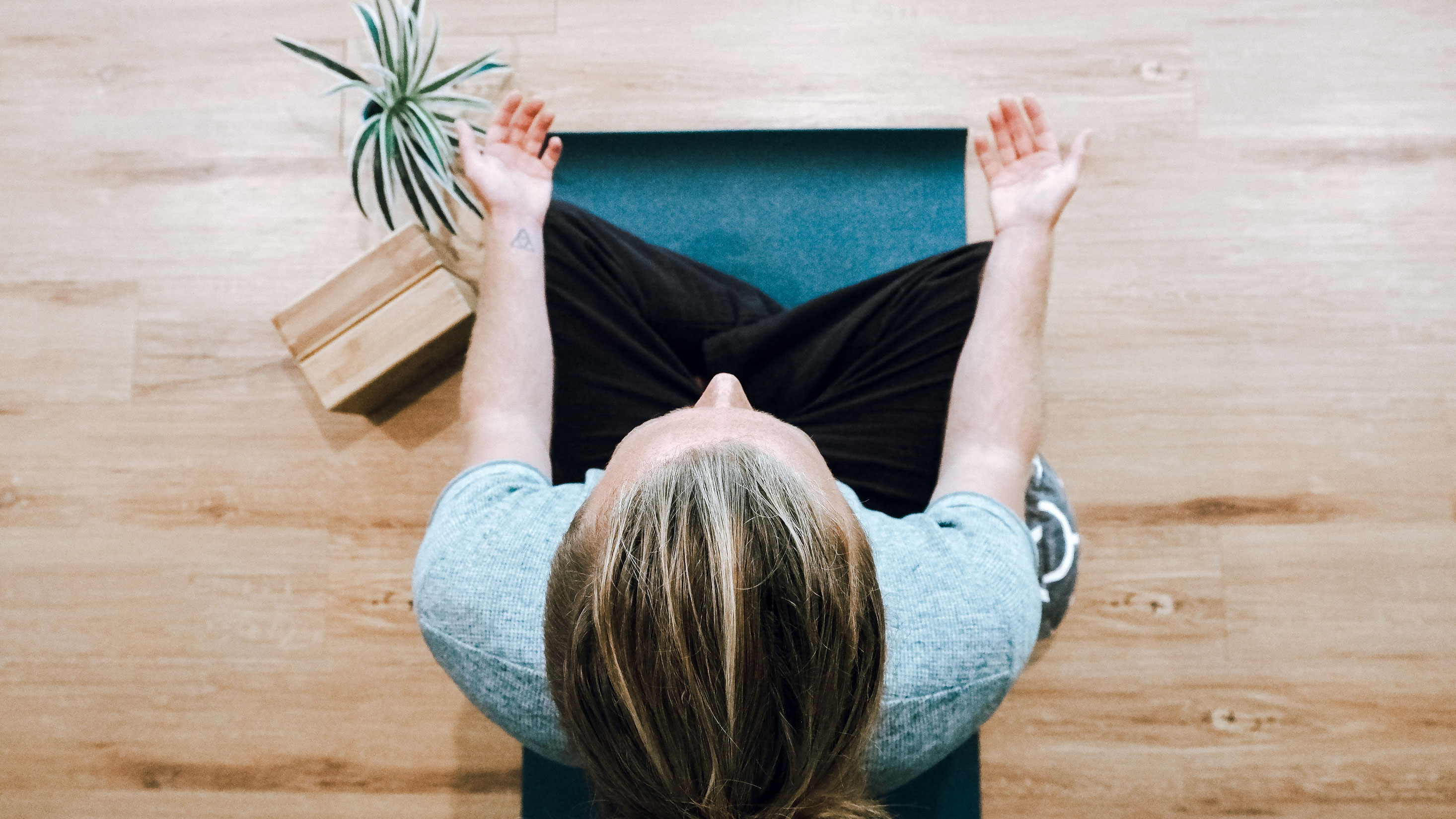Why meditation really can make your brain faster, calmer and more efficient
More research (as if you needed it) showing why meditation really works to change your brain


Start your week with achievable workout ideas, health tips and wellbeing advice in your inbox.
You are now subscribed
Your newsletter sign-up was successful
Meditation's one of those rare things today: you don't have to watch any content, consume any advertisements, pay for anything, or otherwise indulge in today's relentless culture of content and consumerism. Sure, you can pay for guided meditations or watch them on YouTube, but when you get right down to it? It's just you, your breath and a bit of peace and quiet.
You can, of course, augment your experience with the best diffuser for essential oils, or fuse your practice with yoga (you should check out our best yoga mats, by the way, if that's your bag), but meditation is a wonderful way to still all the noise of the modern world and really do some work on yourself. Meditation contains stacks of benefits recorded and verified by researchers, from lowering anxiety to reducing production of the stress hormone cortisol.
Now, you can add "makes you think quicker" to that list of benefits. New research from Binghamton University taught a sample of students to meditate, asking them to continue the practise three times a week and keep a journal of their findings.
After eight weeks, the researchers found meditation tended to make the students' brains faster at switching between different states. There's the "default mode network" state, which is active when the brain is resting, daydreaming or you're just letting your mind wander.

The other is the "dorsal attention network", which has to kick in when you're actively paying attention to a task. The students who meditate were much faster at switching between the two, allowing them to go from idle thought to laser-focused attention quicker than the average person. The study calls this "mental pliancy", an ability prized by Tibetan monks.
As I'm sure you'll inevitably read in our guide on how to meditate, meditation has stacks of recorded benefits to go with even just a few minutes a day. Research has found just as little as 10 minutes a day can improve mental cognition, as memory and concentration were found to be boosted after eight weeks of 10-minute meditations.
Another study, published in the Journal of the American Medical Association, found "moderate reductions of multiple negative dimensions of psychological stress" as a result of regular meditation practice. All this, and it's absolutely free and takes just 10 minutes a day – what are you waiting for? Go find a cushion and get started.
Start your week with achievable workout ideas, health tips and wellbeing advice in your inbox.
Matt Evans is an experienced health and fitness journalist and is currently Fitness and Wellbeing Editor at TechRadar, covering all things exercise and nutrition on Fit&Well's tech-focused sister site. Matt originally discovered exercise through martial arts: he holds a black belt in Karate and remains a keen runner, gym-goer, and infrequent yogi. His top fitness tip? Stretch.
